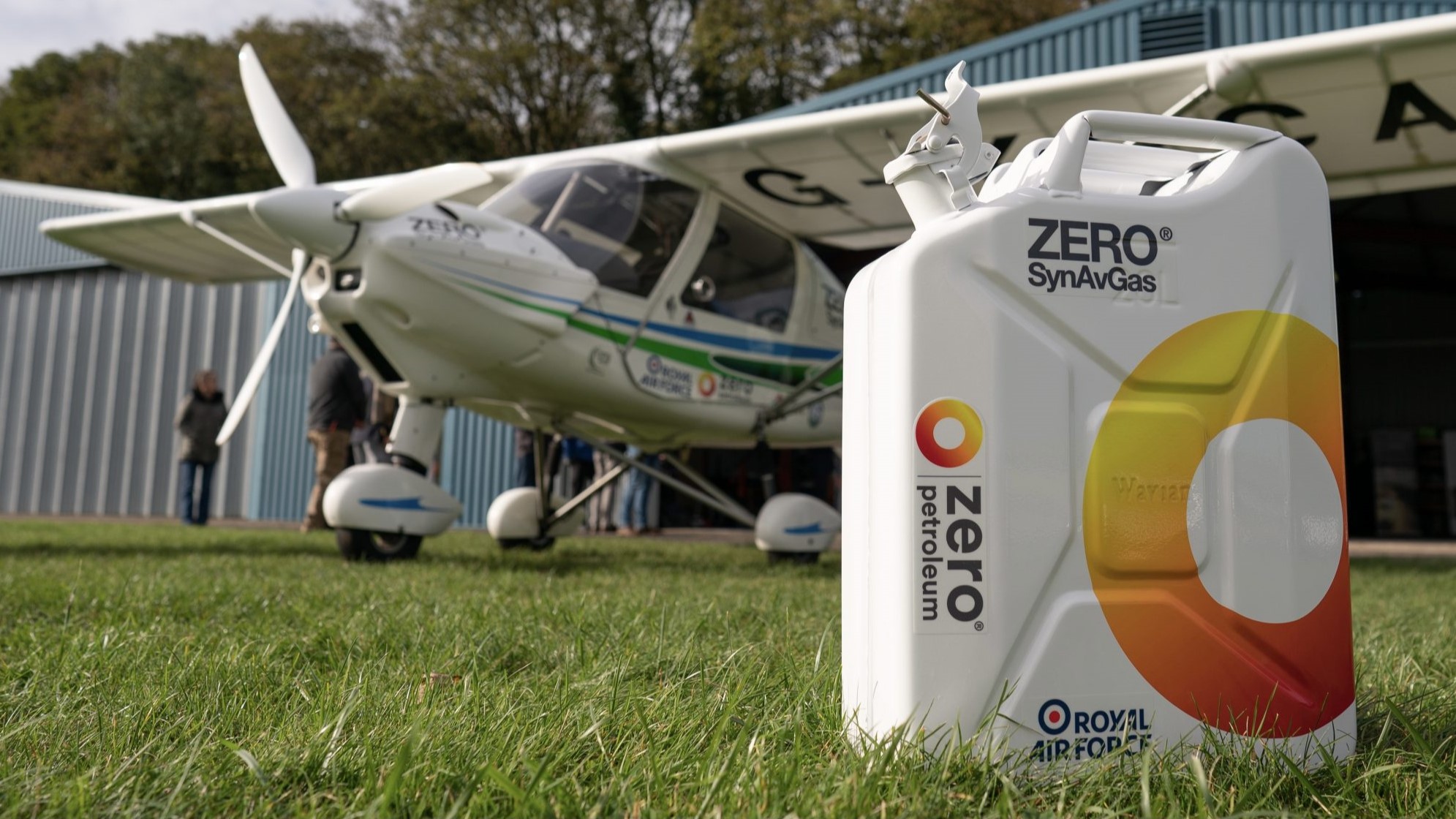VIVAERO

Boeing signs sustainable aviation fuel deal
Boeing and Zero Petroleum have announced a collaboration for testing and analysing the next generation of technologies to accelerate the supply of sustainable aviation fuels (SAF).
For Boeing, this represents another investment in developing SAF globally to reduce aviation’s lifecycle emissions and support the commercial aviation industry’s goal of net zero by 2050.
Zero’s technology produces SAF from air and water. The hydrocarbon fuel obtains carbon from direct air capture and hydrogen from water electrolysis. This Power-to-Liquid process has the potential to significantly reduce emissions across the lifecycle, provided there is an abundance of renewable electricity.
Under the agreement, Boeing will jointly establish a testing program for Zero’s SAF at the University of Sheffield’s Energy Innovation Centre (EIC) and its SAF research facility. Boeing is a founding member of the Centre.
“SAF is our industry’s biggest lever in reducing emissions today and into the future, but we need more of it now to enable those reductions,” said Sheila Remes, Boeing vice president of environmental sustainability. “Working with innovators around the world such as Zero is crucial as we collaborate to develop new, sustainable pathways to produce and scale-up SAF.”

“The aviation industry needs to move quickly to meet upcoming mandates for de-fossilization and synthetic fuels provide the only fully scalable solution,” said Paddy Lowe, CEO of Zero. “We have already developed and tested our 100% drop-in synthetic jet fuel and collaborating with Boeing will now enable us to accelerate the qualification process and put us on course for commercial delivery by 2026. Our collaboration with Boeing sets an industry precedent for the recognition and support for synthetic fuels in the global pivot to sustainable solutions.”
Since 2022, Boeing has purchased 7.6 million gallons of SAF for its U.S. commercial airplane operations.
SAF certified for use today can reduce lifecycle CO2 up to 85% and holds the greatest potential to reduce aviation’s emissions over the next 30 years. However, the key challenges to greater use of SAF are the limited supply and high cost. Current use of SAF represents 0.1% of global jet fuel demand.
www.boeing.com
Comments
Post a Comment